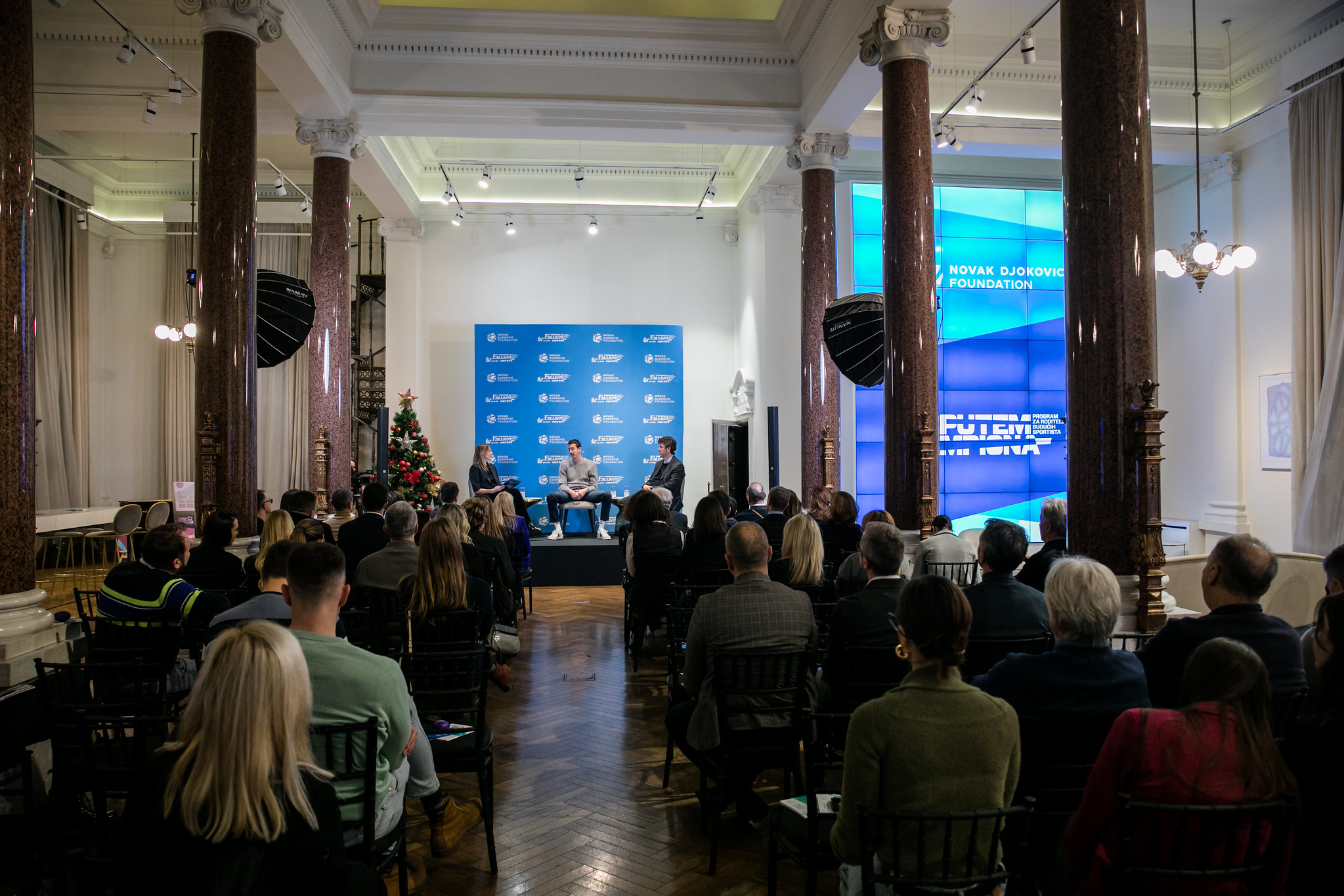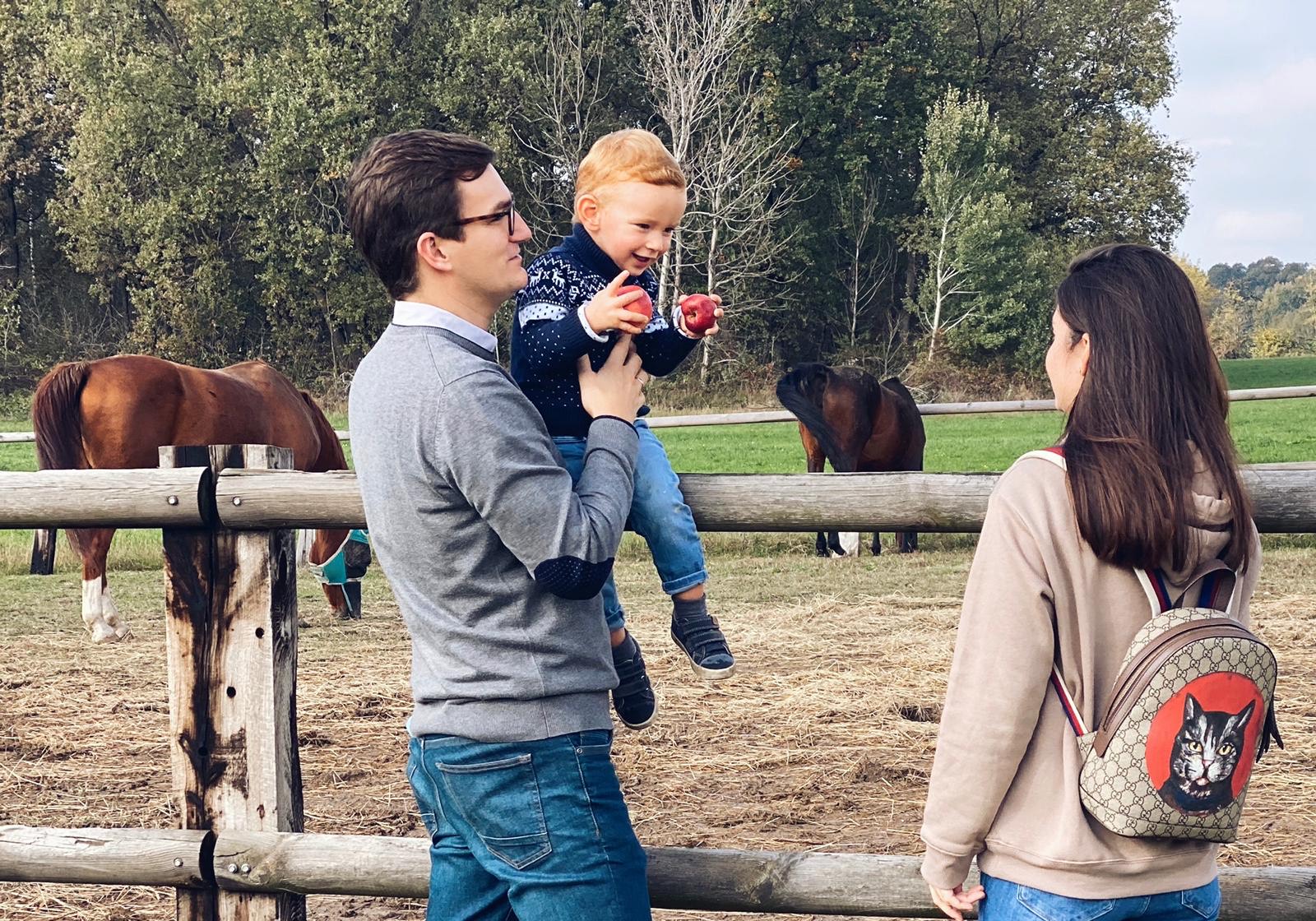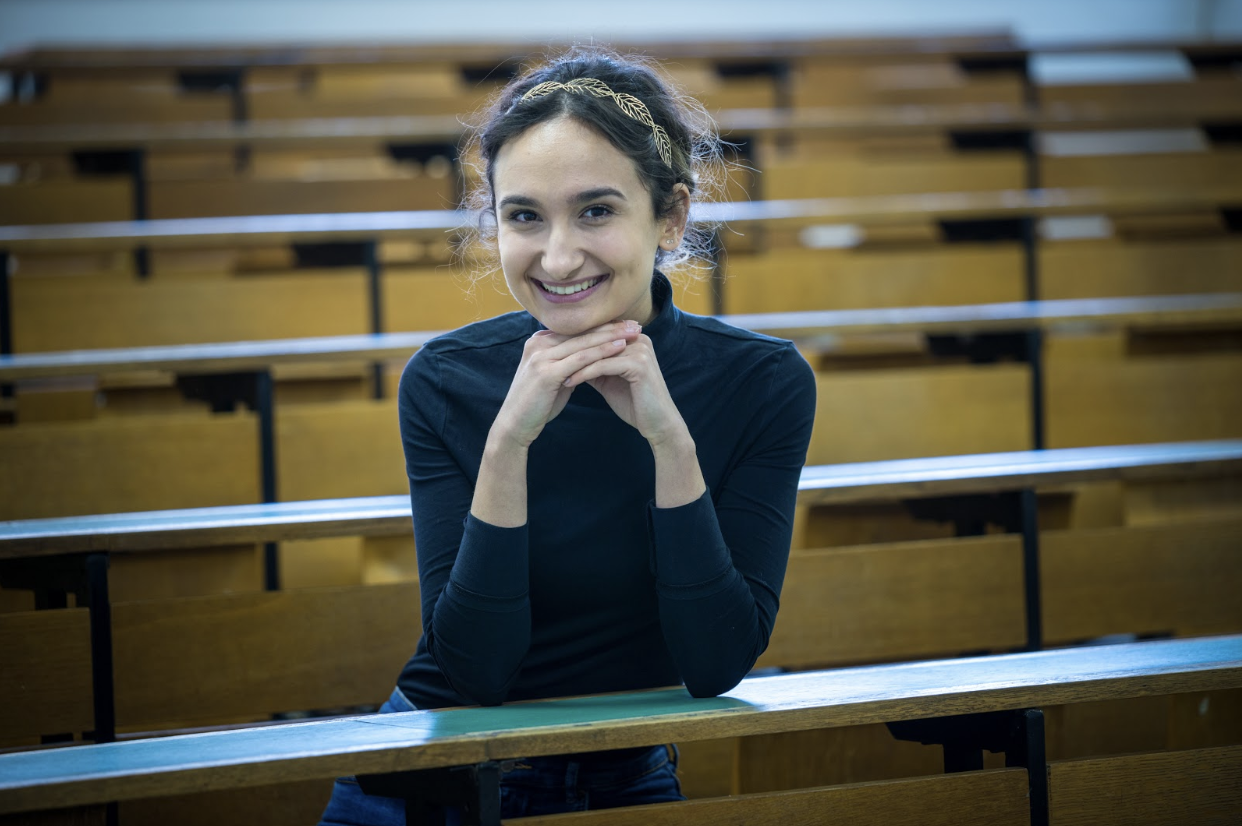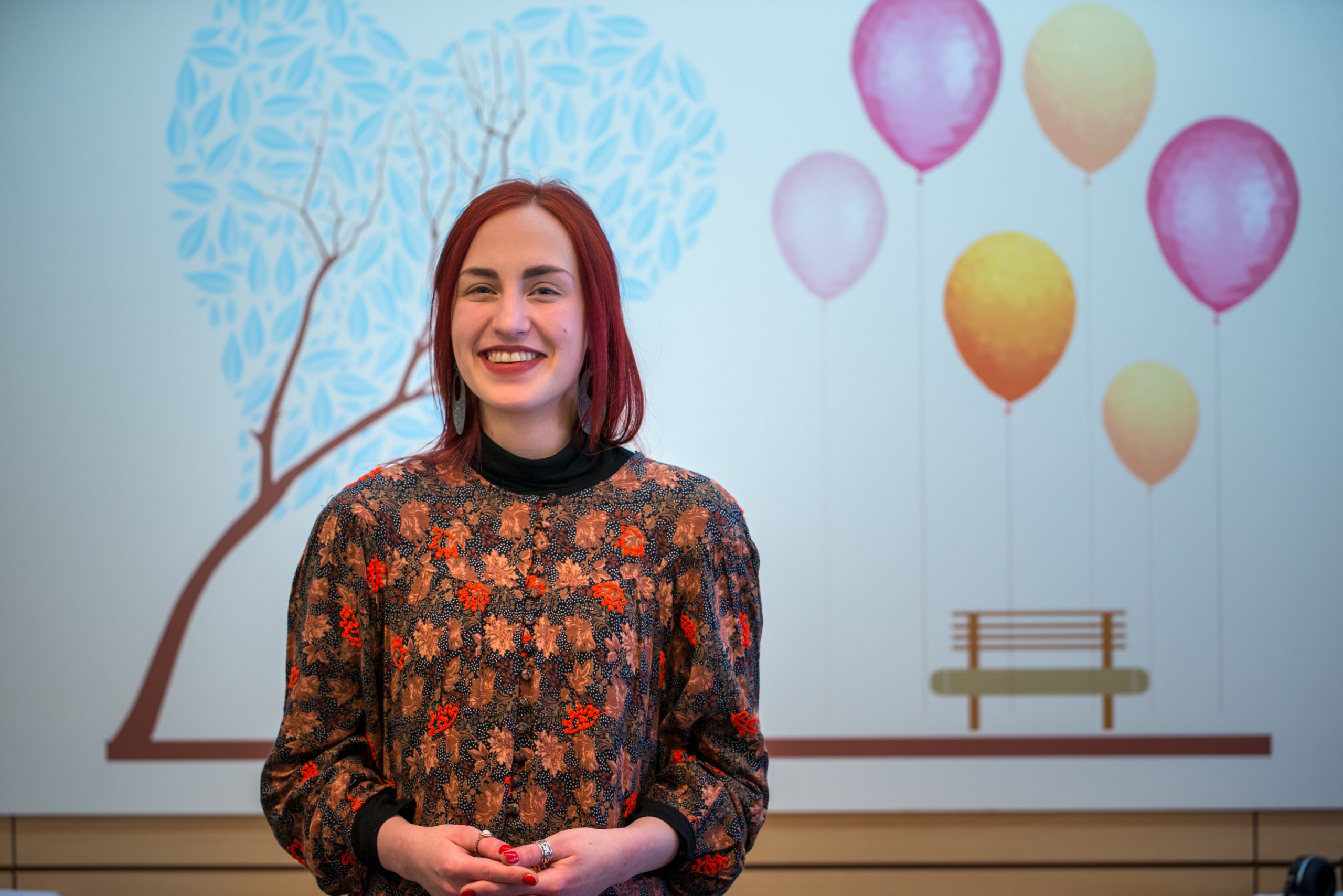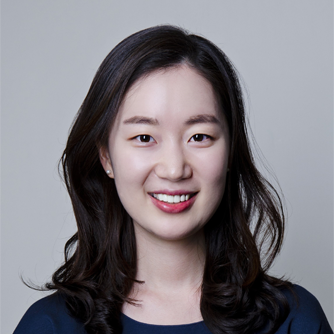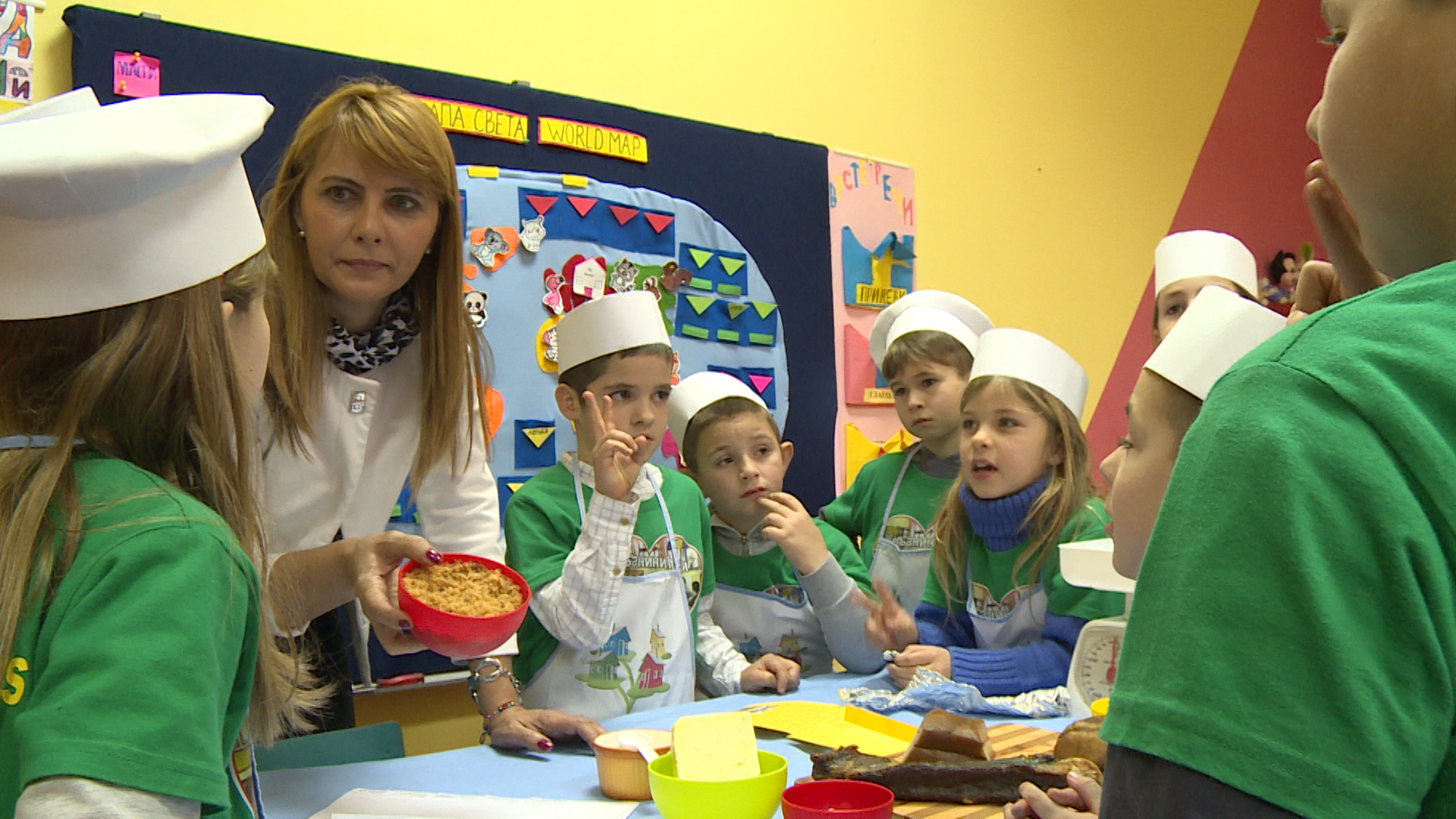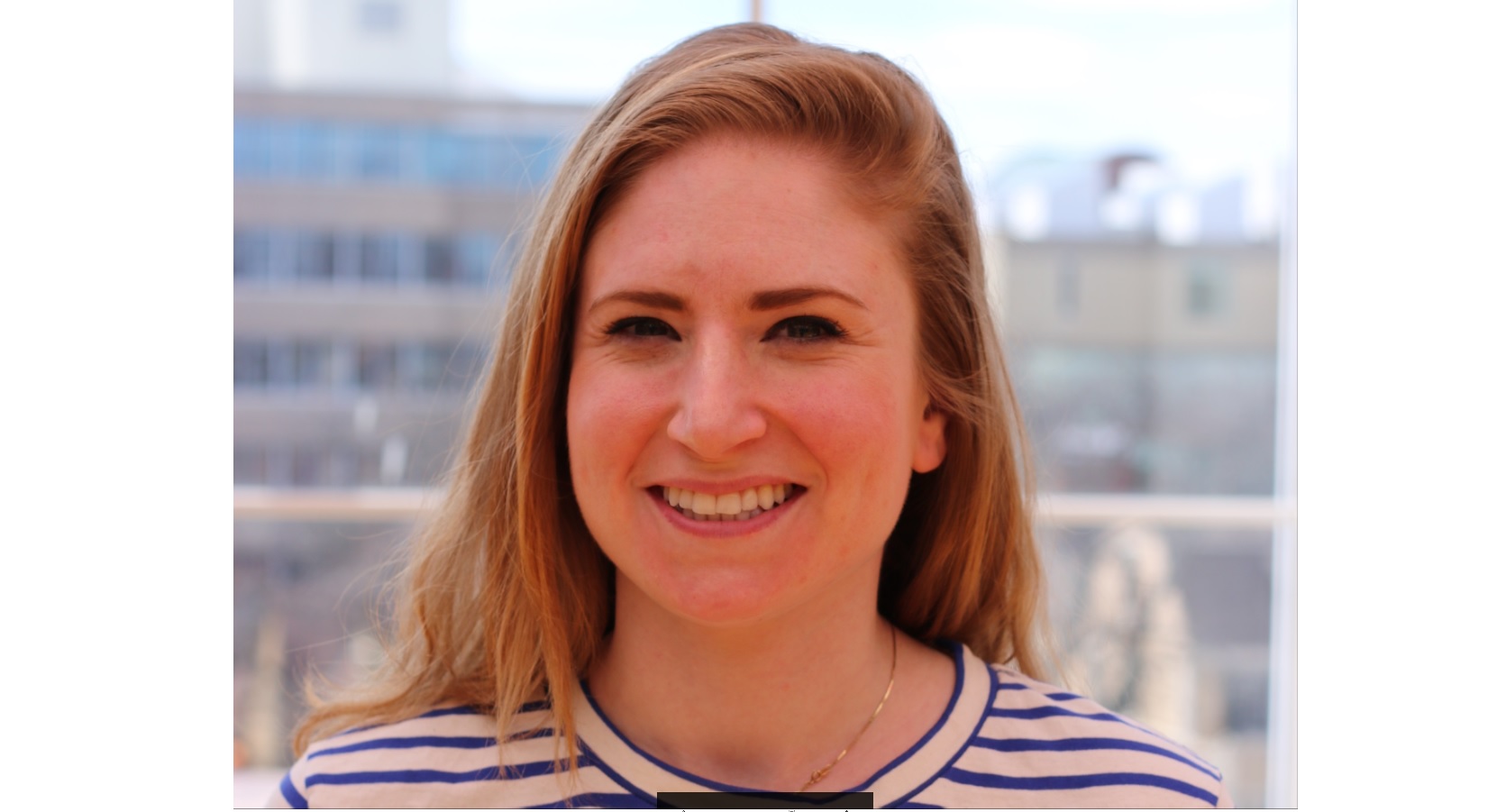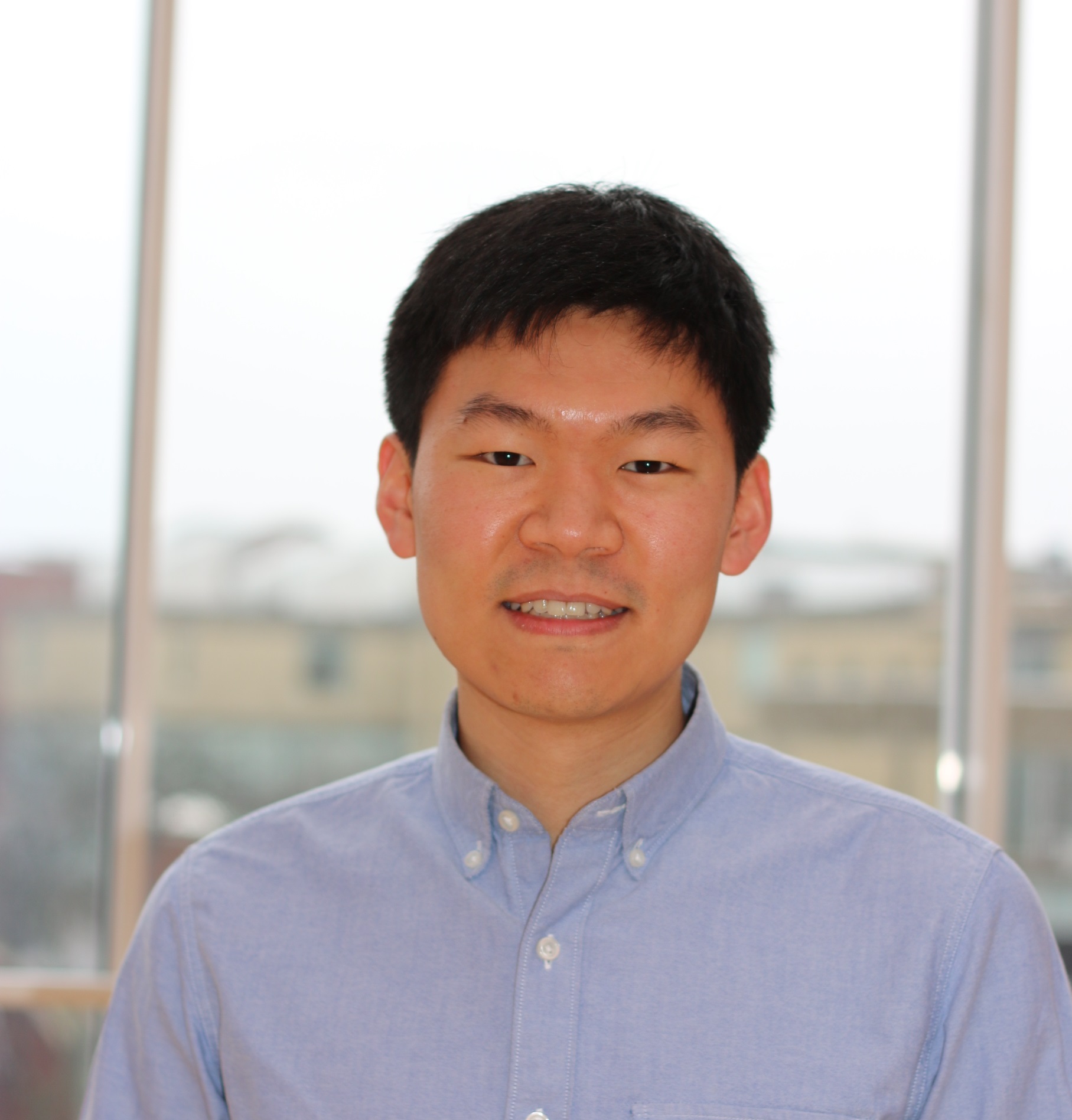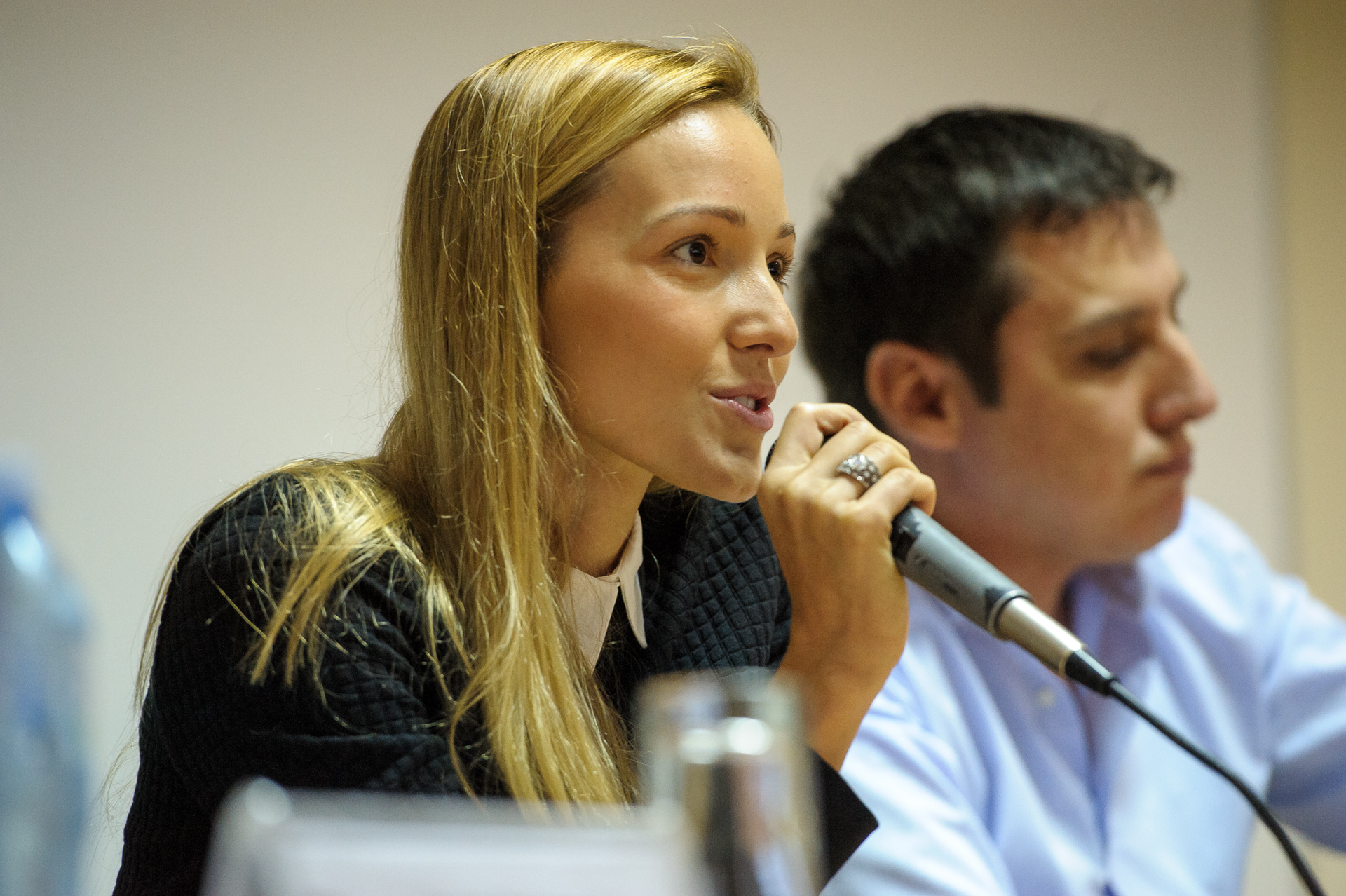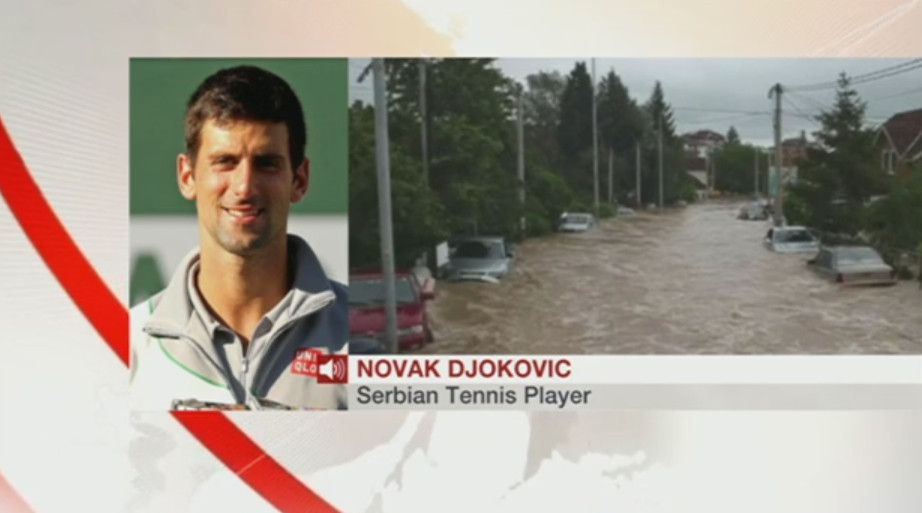Our Global CEO, Alberto Lidji, sat down with the Fellows to discuss their current research focus and thoughts on the Djokovic Fellowship. Today we hear from Sonia Alves.
The Novak Djokovic Foundation and the Center on the Developing Child at Harvard University have awarded four Harvard advanced doctoral students the inaugural Djokovic Science and Innovation Fellowship. Sonia Alves, Joshua Jeong, Rebecca Lebowitz, and Linda Zhao are all in the advanced stages of doctoral programs across the university, and each receives a grant during the 2017-18 academic year to support their groundbreaking research.
Alberto: Firstly, congratulations on being awarded the Djokovic Fellowship. Tell us a bit about yourself and what made you want to apply.
Sonia: I grew up in Dorchester, Massachusetts, with two older siblings. My parents are both immigrants from the Islands of Cape Verde. I graduated from Charlestown High School, a Boston public high school in 2006, and went on to Smith College, a small, private, liberal arts college, double-majoring in Education and Psychology.
After graduating in 2010 from Smith, I worked as a research assistant for three years at Boston Children’s Hospital at the Stress and Development Lab. That was my first introduction into the research world of adverse childhood experiences. The Stress and Development Lab is a psychophysiology lab where we conducted studies on adolescents between the ages of 13 and 21. As a part of our study, adolescents were hooked up to psychophysiology equipment such as EKG (electrocardiogram) and impedance cardiography tape around the neck and torso. The study I was working on examined differences in physiological responses among adolescents who had experienced abuse and violence in the past and those who had not, and tracked their later mental health outcomes. The work I did in the lab fascinated me and made me want to take the research further by examining this work within the context of academic outcomes.
Alberto: It’s a fascinating and vast topic to consider. What is your dissertation going to focus on?
Sonia: So, by working with the young people at Boston Children’s Hospital, I realised that I was interested in their academic outcomes. If you’ve experienced trauma as a child, how do you function in the classroom, and is it difficult for you to learn? And, if you are succeeding, what are the protective factors buffering the effects of adverse experiences? Is it a great after-school program, a great teacher who goes above and beyond? That’s what I am now here to find out!
My dissertation is looking at children exposed to community violence, such as being a victim and/or witness of a violence-related act such as a shooting or mugging. I’m trying to understand the mechanisms underlying the association between childhood community violence exposure and academic functioning, as well as the protective factors at play.
Alberto: At the Novak Djokovic Foundation, we’re proud to be able to support this kind of academic work, and we also work closely on the front lines with communities to provide better opportunities for children. What do you think are the gaps between academic theory and practice and how can they be bridged?
Sonia: Throughout the years, I have read a lot of the work on adverse childhood experiences, but I have had little experience with conducting applied work in this area, because I come from a very lab-based background. So, as a second-year doctoral student, I set out to obtain a Master’s degree in Prevention Science and Practice at the Harvard Graduate School of Education within the counselling strand, to gain some practical experience. Two days out of the week, I interned in the counselling department at a local Boston public K-8 (Kindergarten through 8th Grade) school. While interning at the school I conducted individual and group counselling sessions. This work allowed me to begin to explore how research and practice can come together. I think one of the great things about this Fellowship is that I can use the time during the Fellowship year to think about such questions. The environment is supportive and will help me think innovatively. I can practice, look at policy, conduct research and talk to others to help provide real solutions.
Alberto: Are you more inclined to stay within the academic field or do you see yourself more as a practitioner, or perhaps a combination of both?
Sonia: Some days I wake up and I’m like, “Oh, I want to be an academic.” Other days, I’m like, “No way, let’s get some practice in!” And then other days, I’m like, “No, I need to find a way to do both, right?!” As of today, I see myself in the academic field, but also making it a focus of mine to collaborate with community organizations. I would love to continue to conduct research in Boston while also collaborating with community leaders. There are exciting times ahead!


